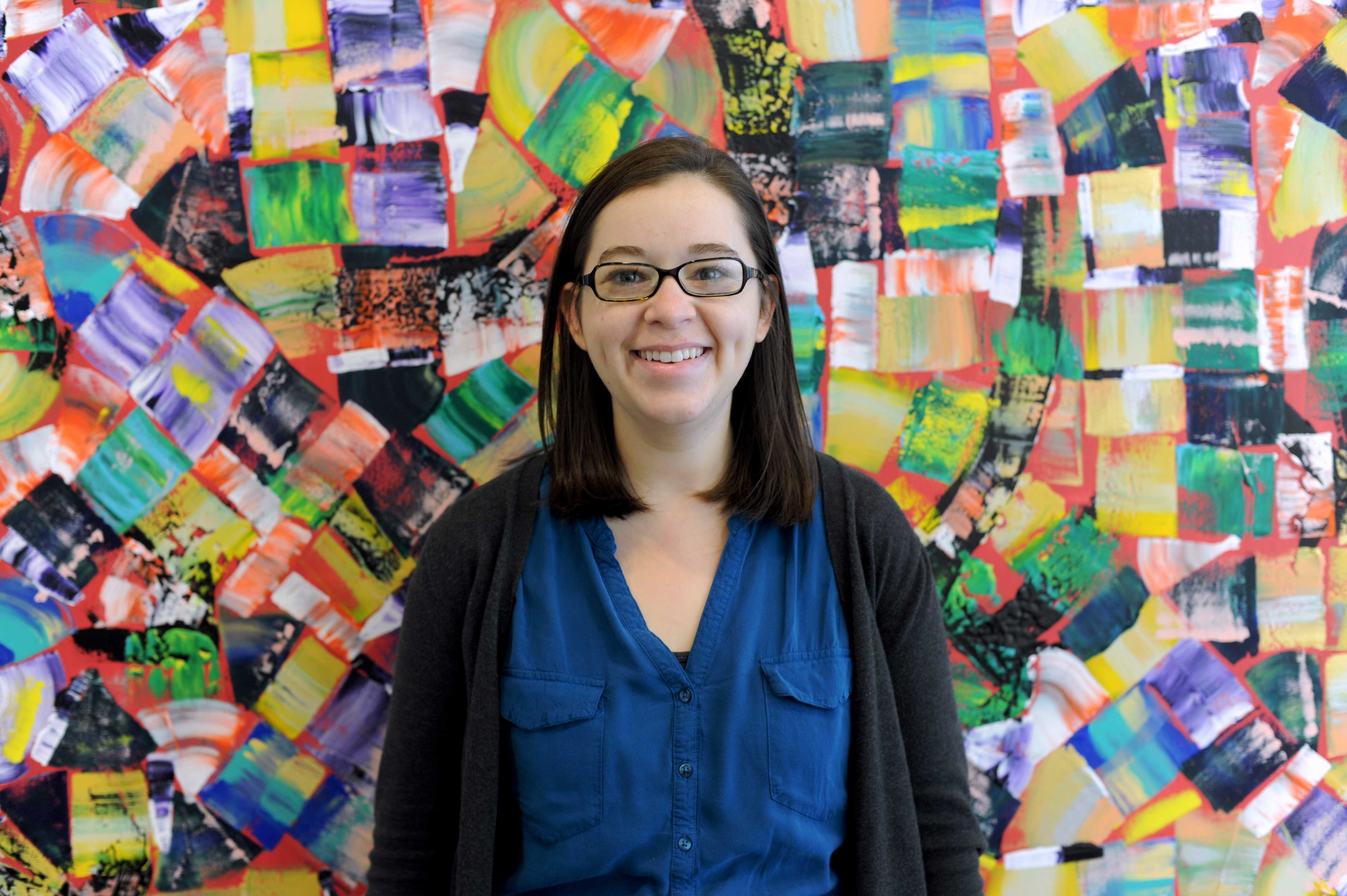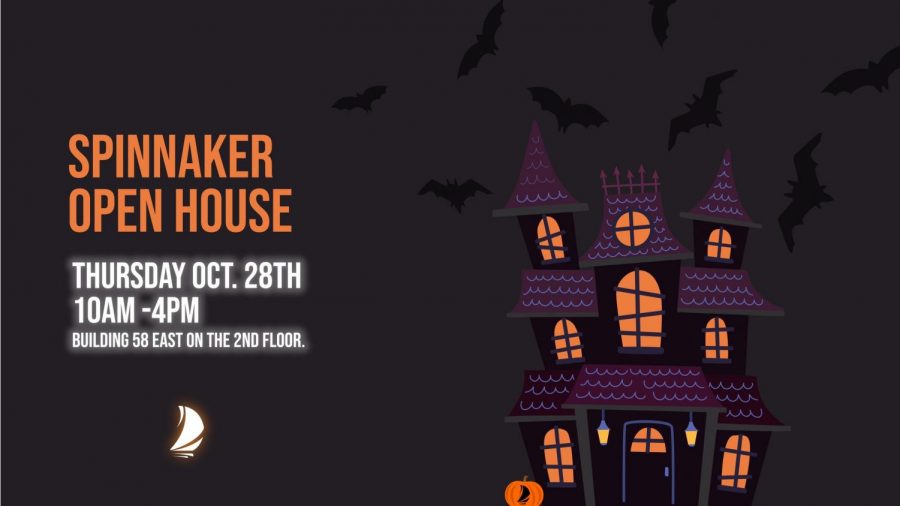This letter was published in Spinnaker’s February 2014 issue.

Counseling Center information:
http://www.unf.edu/counseling-center/
Phone number: (904) 620-2602
Location: Founders Hall Room 2300
Hours: Monday to Friday
8:00 a.m. – 5:00 p.m.
During the spring of 2009, while I was a freshman at another Florida university, I began recognizing some concerning changes in my attitudes and behavior. I was losing interest in social activities, I felt hopelessly overwhelmed by the requirements of my major, and I was abnormally sad all the time. I opened up about my issues and began discussing the possibility of seeking treatment with some of my close friends. Overwhelmingly, the people I talked with discouraged me from seeking help. Responses ranged from “You’re just having a hard time adjusting to college,” to “You don’t need counseling, because counseling is for crazy people and you’re not crazy.” I took the advice I was given and didn’t formally address the problem.
Six months later, my situation had worsened significantly. I was completely disconnected from my peers. I skipped class to spend long hours hidden in seldom-used corners of campus, immersed in novels. I had become so depressed that many days, I was unable to get out of bed. Eventually, I decided to leave my dorm and make the terrifying walk to the campus mental health center. The echoing voices of my peers from six months ago were no longer enough to keep me from getting the help I knew I needed.
Mental illness carries an unfortunate social stigma. Rather than accepting it for what it is — an issue of brain chemistry — many people assume any sign of mental illness indicates some extraordinary lack of moral fortitude. This perception is inaccurate. Depression, anxiety disorders, and other mental health issues are common among college students. In fact, the 2009 National Survey on Drug Use and Health, performed by the Substance Abuse and Mental Health Services Administration, found 30 percent of young adults ages 18 to 25 have some kind of mental illness.
During January, UNF saw some notable instances of mental illness. (Check The Report for the specifics.) If you’re feeling depressed, anxious, or generally overwhelmed, please take advantage of the resources available to you as a UNF student. The Counseling Center offers individual or group counseling by appointment and immediate emergency consultations. They also have an after-hours hotline for crisis situations.
Over four years after my initial diagnosis, I am worlds better. The counseling I received was worth the terror of admitting my problem — but I shouldn’t have had to endure my friends’ initial discouragement.
You may not be struggling with mental illness, and that’s okay — but listen to your friends who might be. Encourage them, and love them where they are. Don’t minimize their problems.
If you are struggling, don’t let the fear of social repercussions hold you back from getting the care you need. There is no shame in owning up to your brokenness.
–Katie Tison, Editor-in-Chief











